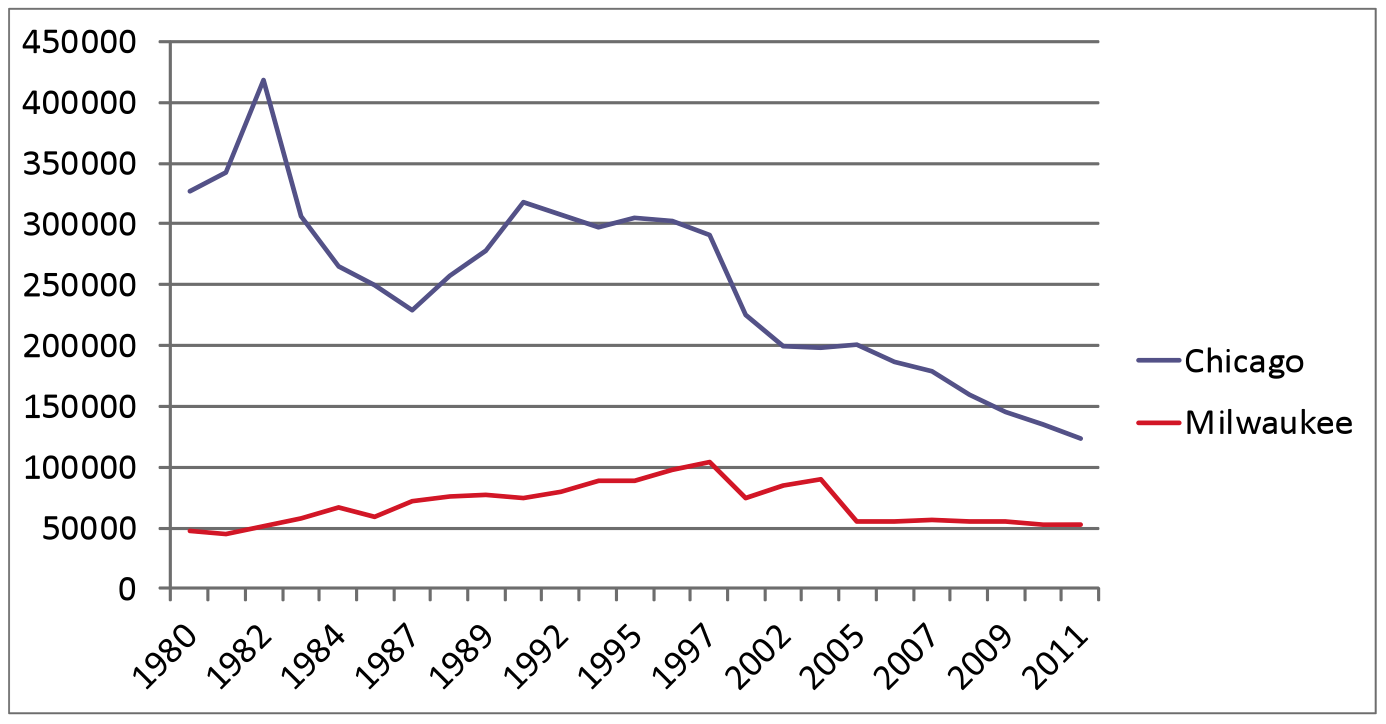Adopting Veronica
Recently I wrote about the U.S. Supreme Court decision in which the Court declared that a Native American father was not covered by the Indian Child Welfare Act’s procedures for TPR because he had abandoned the child before her birth, and the Court stated that ICWA only protects existing families and their relationships. SCOTUS remanded the case to the South Carolina courts to decide the future custody of the child. Last week, the South Carolina Supreme Court found that the couple seeking to adopt Baby Girl – named Veronica – was the only party properly seeking her adoption, and ordered the Family Court to finalize the adoption.
So what happens now? It appears that Veronica will be transferred almost immediately, which is somewhat unusual. Normally, a court would hold a hearing to determine the best interests of the child, and might gradually re-introduce the child to her adoptive parents since, after two years in Oklahoma with her birth father, little Veronica might not feel comfortable moving back into the Capobianco home in South Carolina. In addition, under so-called “grandparent visitation” statutes, the birth father might be awarded some visitation rights. But here, where the adoptive parents and the biological father have fought bitterly for almost Veronica’s whole life (and where they live half a continent away from each other), shared custody might not be a viable option.

